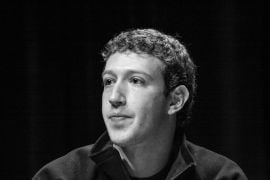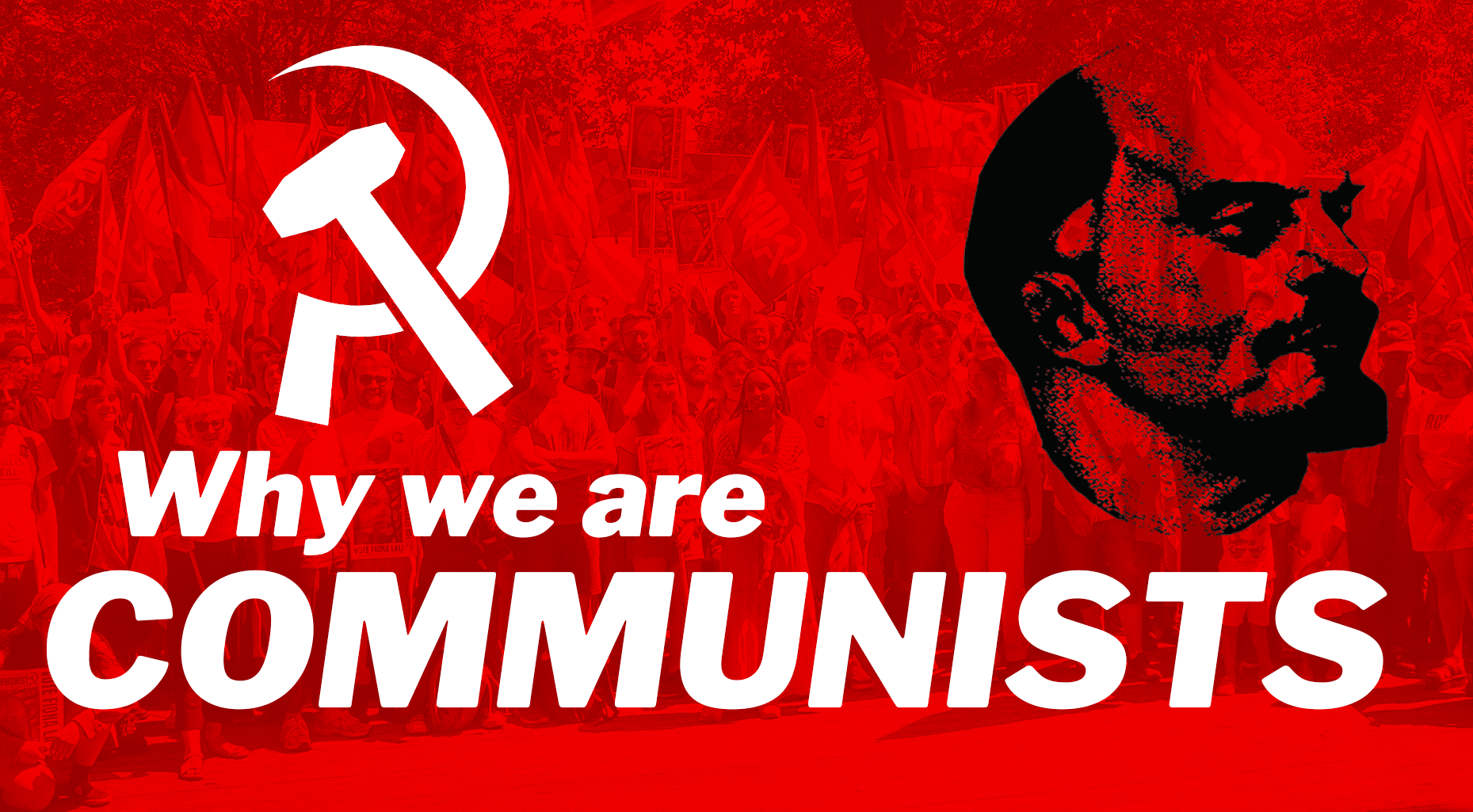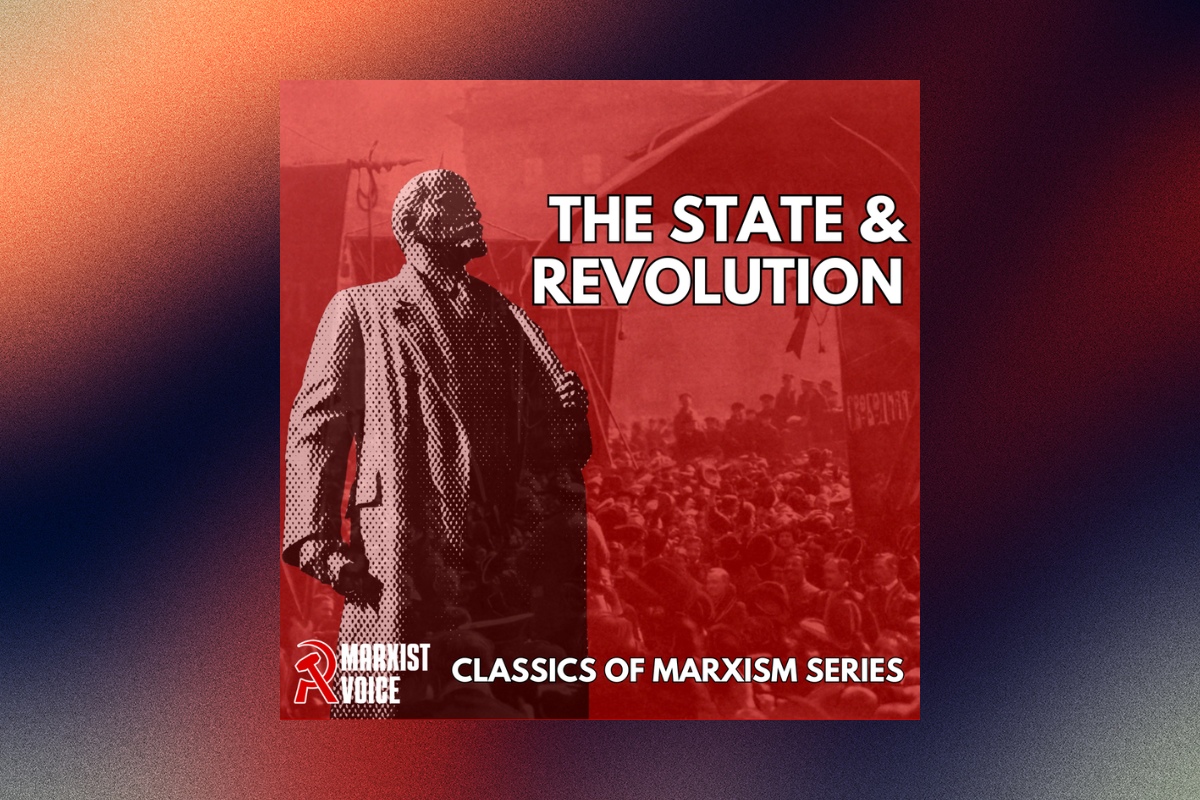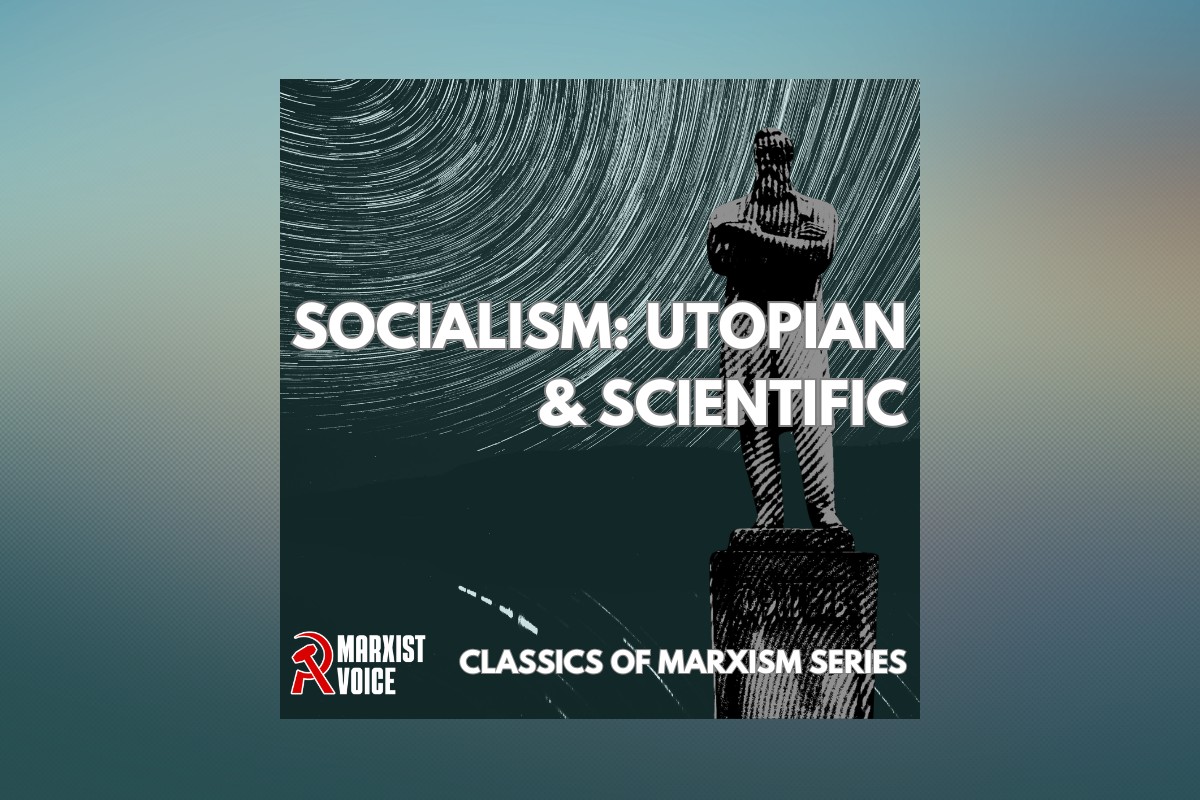Christmas, we are told, is a time of parties, feasts, and the giving of gifts. So it would seem, as Mark Zuckerberg, founder of Facebook, announced that he would be giving away some $45 billion of his wealth. Such philanthropic gestures, however, raise an obvious question: where do rich donors get all this wealth from in the first place?
According to the adverts, Christmas is a time of parties, feasts, and the giving of gifts. For many however, it is a time of anxiety, stress, and debt, with nearly one-in-four in the UK saying they feel under pressure to spend more than they can afford.
Not so however for Mark Zuckerberg and his wife Priscilla Chan, who recently announced that they would “give away” 99 per cent of their Facebook shares, worth about $45 billion, over the course of their lifetime. It appears the spirit of Christmas is well and truly alive for some.
The shares are to be held by the Chan Zuckerberg Initiative, a Limited Liability Company controlled by the couple, which states its aim as to “advance human potential” and “promote equality”. This all sounds well and good, but it raises the question – how is it possible for one person to control so much wealth? And is it right that two individuals should decide how such staggering amounts of money are put to use? Is it even possible to fix the ills of capitalism through “philanthropy”?
Give it away!
Large “philanthropic giving” is nothing new, dating back to the early days of the industrial revolution in England in the 18th century. In the early 20th century, it was the big oil men and capitalists such as John D. Rockerfeller and Andrew Carnegie that made the headlines for their sizeable “giveaways”. More recently, tech giant Bill Gates established the Bill and Melinda Gates Foundation, a trust worth $44 billion, and Warren Buffet, one of the world’s richest capitalists, pledged to part with $43.6 billion of his fortune. Since 2009, Buffet and Gates have recruited 137 billionaires to their “Giving Pledge”, which requires those taking the pledge to “give more than half of their wealth to philanthropy or charitable causes”.
Such individuals are then praised for their generosity, and held up as “model citizens” by high society and the bourgeois press. But this is to ignore the question of where their wealth came from in the first place. How is it possible to accumulate such vast sums of money?
We should also note from the outset that such “giveaways” are usually nothing of the sort. Zuckerberg’s Facebook shares being “given” to the Chan Zuckerberg Initiative are a good example of this – rather than being “given away”, Zuckerberg has instead transferred $1 billion of his shares from one low tax-paying profit making company to another, even lower tax-paying investment company. Zuckerberg and Chan still retain control over the shares, and in fact reduce their overall tax liability. The limited liability company can then invest in for-profit ventures, without the same disclosure and transparency requirements that non-profits face.
The Bill and Melinda Gates foundation, although not structured as a Limited Liability Company, operates in broadly the same way, with a range of significant investments in many of the world’s largest companies, such as Coca Cola, BP, Shell, and Wall-Mart. In 2014, it offered a non-repayable $11 million grant to MasterCard to “help the company expand its operations in Nairobi”. Who really is to benefit from this – the workers and poor in Nairobi, or the shareholders of MasterCard? Thus the veneer of “philanthropic giving” is often simply a thin cover for traditional capitalist investment, based on the exploitation of the working class and the poor.
I earned it – it’s mine!
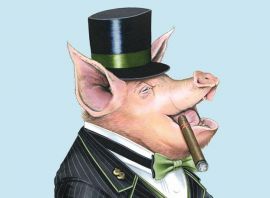 According to data from the U.S. Census Bureau, over an American’s adult working life, high school graduates can expect to earn, on average, $1.2 million. Those with bachelors degrees can expect nearly double that, at $2.1 million. Therefore even for those with degrees, it would take them over 21,000 lifetimes to earn enough money to match Zuckerberg’s pledge, notwithstanding the fact that most of their earnings will go on housing, food, and transport. So how do some people amass such huge fortunes?
According to data from the U.S. Census Bureau, over an American’s adult working life, high school graduates can expect to earn, on average, $1.2 million. Those with bachelors degrees can expect nearly double that, at $2.1 million. Therefore even for those with degrees, it would take them over 21,000 lifetimes to earn enough money to match Zuckerberg’s pledge, notwithstanding the fact that most of their earnings will go on housing, food, and transport. So how do some people amass such huge fortunes?
As Marx pointed out in his three volumes of Capital, value is not created simply by owning something, but only through the application of human labour. By owning the productive forces – i.e. the factories, the land, the mines, and all the science and technique that is necessary to utilise them – the capitalists appropriate all that is produced by the working class. Only a fraction of the value created by the working class is then paid back in wages. The rest, what Marx termed “surplus value”, is divided between the capitalists (as profit), bankers (as interest), and landlords (as rent).
As companies grow bigger and bigger, so do the profits that can be appropriated by their owners. Even as far back as 1847, Marx and Engels noted in The Communist Manifesto that “The bourgeoisie keeps more and more doing away with the scattered state of the population, of the means of production, and of property. It has agglomerated population, centralised the means of production, and has concentrated property in a few hands.”
Concentrate!
This concentration, still in its early stages at the time of the Manifesto, reached gigantic proportions by the start of the 20th century. Lenin commented on this in 1915:
“…Marx, who by a theoretical and historical analysis of capitalism had proved that free competition gives rise to the concentration of production, which, in turn, at a certain stage of development, leads to monopoly. Today, monopoly has become a fact.”
This trend towards monopoly has continued since Lenin’s day, well into the present period. As noted by the Economist (12th December2015):
“Many businesses have become more concentrated in recent years: ten of the 13 sectors into which government statisticians divide American industry were more top-heavy in 2007 than in 1997.”
Even more startling is the findings from a study of 43,060 trans-national companies by the Swiss Federal Institute of Technology in Zurich in 2011. This revealed that 1,318 of these companies collectively accounted for 80 per cent of global revenues. What’s more, a “super entity” of 147 of these companies – i.e. less than 0.3 per cent of the total – controlled 40 per cent of the revenues. Given the recent resurgence of super-mergers between global companies, this concentration has undoubtedly increased.
Therefore the owners of these massive companies are able to accumulate enormous fortunes based on the exploitation of millions of workers. Each of these companies typically employs tens, if not hundreds of thousands of workers. The surplus value produced by these workers is therefore channelled into the pockets of these owners.
Growing inequality

Hence the situation where in 2014, 67 billionaires controlled as much wealth as half of the world’s population combined. No doubt this gulf has widened further, with the deepening of the economic crisis. In the USA, the world’s largest economy, the concentration of wealth has reached unseen proportions, as reported in the Economist (12th December 2015):
“Research by Emmanuel Saez and Gabriel Zucman of the University of California, Berkeley, suggests that the share of American wealth held by the richest 0.1% of households rose from 7% in 1979 to 22% in 2012; that of the richest 0.01% (about 16,000 households, with average wealth in 2012 of $371m) jumped from 2% to 11%.”
The same issue of the Economist further notes that:
“A recent paper by Jason Furman, Barack Obama’s chief economic adviser, and Peter Orszag, a former lieutenant of Mr Obama’s now at Citigroup, a bank, notes that the return on investment at the most profitable non-financial firms in America is at record levels. It tops 100% for firms in the 90th percentile, compared with just over 20% 30 years ago. Returns at the most profitable firms are now about ten times those in the middle of the distribution; in the 1990s they were just three times larger. This gap has boosted the fortunes of their owners.”
This rise in profitability has come at the enormous expense of the working class, who have been squeezed to breaking point by long hours, low pay, insecure part-time or temporary jobs, with little or no employment rights. What’s more, many of the most profitable companies enjoy super-profits, based on their monopoly positions. It is no surprise that two of the largest ever “donors”, Zuckerberg and Gates, are the owners of monopoly tech companies.
The continuing trend towards monopolisation is reflected in the widening gulf between the most profitable and least profitable firms. This is since a monopoly position in itself does not create new value, but allows such companies to sell their commodities at prices above their true values. This can only come at the expense of commodities being sold below their values elsewhere in the economy, hence the widening gap in profitability.
How to spent it?
Thus for every billionaire, their wealth is based on exploiting the unpaid labour of hundreds of thousands, or even millions of workers. That a handful of these billionaires decide to give away some of their amassed fortunes should not be surprising, when you consider that there is absolutely nothing else they could do with such money. There are only so many mansions, yachts, and bottles of champagne that one person can consume. Indeed the Financial Times, understanding the plight of the rich, offers them a monthly guide entitled “How to Spend It”!
Once their bellies are full of caviar, the only options facing these billionaires are to a) give the money away to “philanthropic” ventures; b) invest the money as capital in order to receive more money; or c) pass their fortunes down to their children.
Even where a minority of capitalists (and it very much is a minority) do “give away” large parts of their accumulated wealth, note that they always leave themselves a tidy sum so as to make ends meet. In the case of Mark Zuckerberg, his 1 per cent retention of his Facebook shares would still leave him and his family with a fortune of over $450 million, i.e. 400 times the lifetime earnings of the average US high school graduate!
If anyone were to accumulate hundreds, let alone millions of any commodity other than money, they would generally be considered by society to be mentally ill. But when it comes to money, i.e. the commodity of commodities, such hoarding is to be celebrated! For these billionaires, it becomes simply a game of who can accumulate the largest fortune, and thus wield the most influence, power, and prestige. Take for example the case of the Saudi prince Alwaleed Bin Talal, who sued Forbes magazine for libel (!) for publishing his net worth as $20 billion in its annual Rich List, $9.6 billion less than the prince claimed he was worth.
The market at work?
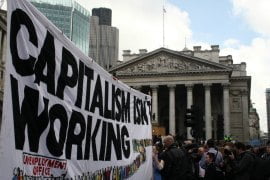 What then of the money that is “given away” by billionaires to “philanthropic causes”? Is this the mechanism whereby the market is supposed to work in everyone’s interest, as is dreamed by the capitalists and their ideological apologists in the universities? It is generally understood that money engaged in “philanthropy” is in theory supposed to address the root cause of social problems, as opposed to “charity”, which is directed at the relief of such ills.
What then of the money that is “given away” by billionaires to “philanthropic causes”? Is this the mechanism whereby the market is supposed to work in everyone’s interest, as is dreamed by the capitalists and their ideological apologists in the universities? It is generally understood that money engaged in “philanthropy” is in theory supposed to address the root cause of social problems, as opposed to “charity”, which is directed at the relief of such ills.
There is no doubt that money donated by certain “philanthropic” capitalists has had an impact on the world. Take for example the Rockerfeller Sanitary Commission, established in 1909, which is credited with eradicating the hookworm disease. The Rockerfeller Foundation is also credited with eradicating Yellow Fever from many parts of Latin America. More recently, the Bill and Melinda Gates foundation has donated large sums of money to vaccination programmes in Africa, for a variety of diseases.
Such programmes however are not without problems. As noted by Marx and Engels, one of the fundamental contradictions of capitalism is that it is a system based on social production, but with private appropriation. This is the very factor that leads to enormous concentrations of wealth by a few individuals. This concentration of wealth leads to an enormous concentration of power. In proportion to the growth of this power, is a corresponding weakening of democratic control.
We have to ask, is it right that a handful of individuals such as Bill Gates, Warren Buffet, and Mark Zuckerberg, can decide where billions of dollars of investments are made, whether in “philanthropic” ventures such as healthcare or education, or in industry generally? Surely these decisions should be taken collectively, as part of a democratic process involving millions of people? Capitalism however prevents this. Not withstanding the numerous dictatorships and puppet regimes that exist for the benefit of the imperialists and the local gangster capitalists, even in the most “democratic” of countries, democracy exists really for the benefit of the capitalist class. Excluded from politics by a thousand and one ways, the most political involvement that workers are able to achieve is, to paraphrase Marx, to vote every five or so years for a member of the ruling class to misrepresent them in parliament. All the real decisions are taken in the boardrooms of the big monopolies.
We should also ask: is it necessary that in order to eradicate diseases and the like we must rely on the “generosity” of such wealthy individuals? The answer to this is clearly no. Take for example the massive response of Cuban doctors in responding to the Ebola outbreak in West Africa. Or the fact that most pharmaceutical research and development is actually state funded in universities, with profits then appropriated by the big pharmaceutical companies.
Such “philanthropy” should not be necessary in order to develop healthcare or make other technological advances. In fact, the situation is extremely inefficient. We have a system whereby a handful of the mega wealthy may decide to throw some of their vast fortunes at the problems, in an unplanned and uncoordinated way. If this wealth was socially owned and democratically planned, we could make tremendous advances, far surpassing what is currently achieved.
In fact, even on a capitalist basis, there would be far more money available for such research if companies such as Facebook actually paid more than a few thousand pounds in tax. Last year for example, Facebook paid only £4,327 in UK corporation tax! This is an inevitable feature of capitalism, whereby the maximisation of profit comes before everything else.
“Make poverty history”
 Furthermore, will the attempts to “eradicate poverty” and “create a more equal society” ever be achieved by the “donations” from these billionaires? To answer this, we must ask: what causes poverty? Why is there inequality? To this, the billionaires seemingly have no answer, other than to throw money at schools, hospitals, and endless think tanks.
Furthermore, will the attempts to “eradicate poverty” and “create a more equal society” ever be achieved by the “donations” from these billionaires? To answer this, we must ask: what causes poverty? Why is there inequality? To this, the billionaires seemingly have no answer, other than to throw money at schools, hospitals, and endless think tanks.
As Marx explained, poverty does not exist due to a lack of education, or a lack of hospitals. Just ask the unemployed graduates of Spain and Greece, where youth unemployment has reached up to 66 per cent in recent years. Or the 33 million people in the USA without access to healthcare, in a country that contains some of the world’s best-equipped hospitals. Poverty and inequality are in fact fundamental features of the capitalist system, and are a necessary result of an economy based on wage labour.
Since the vast majority of the world’s population do not own their own means of production, they are forced to sell their labour power, i.e. their capacity to work, as a commodity to the capitalists, i.e. those who do own the means of production. The value of this commodity is determined more or less in the same way as for any other commodity, i.e. with reference to the socially necessary labour power required to reproduce the worker (and their family) at a certain standard of living.
This standard can be raised or lowered as a result of the class struggle, but generally the “going rate” tends to sink to that just necessary to keep workers alive, due to massive structural unemployment which puts downward pressure on wages. Hence why in 2015, after centuries of capitalist “development” around the world, over 700 million people earn less then $1.90 per day. Even in so called “advanced” countries such as Britain, one-in-five households live below the poverty line, according to Oxfam.
As has been explained above, growing inequality is a fundamental feature of capitalism, due to the increasing concentration of capital into fewer giant monopolies, with the result that the owners of these companies are in a position to exploit the surplus labour of hundreds of thousands or millions of workers. Thus the precondition for these billionaires being able to set themselves the task of reducing inequality, is the very inequality itself that they claim to be against.
Although money spent by such billionaires can no doubt be put to good use in eradicating diseases, etc., unless the money is directed at the overthrow of the capitalist system, it will never eliminate poverty or inequality. As Marx famously commented in Volume One of Capital (p779):
“…all methods for the production of surplus-value are at the same time methods of accumulation, and every extension of accumulation becomes, conversely, a means for the development of those methods. It follows therefore that in proportion as capital accumulates, the situation of the worker, be his payment high or low, must grow worse. Finally, the law which always holds the relative surplus population or industrial reserve army in equilibrium with the extent and energy of accumulation rivets the worker to capital more firmly than the wedges of Hephaestus held Prometheus to the rock. It makes an accumulation of misery a necessary condition, corresponding to the accumulation of wealth. Accumulation of wealth at one pole is, therefore, at the same time accumulation of misery, the torment of labour, slavery, ignorance, brutalisation and moral degradation at the opposite pole, i.e. on the side of the class that produces its own product as capital.”
The capitalist class played a progressive role in smashing the old feudal society of the middle ages, and hugely developing the productive forces through the expansion of industry and the creation of a worldwide division of labour. The capitalists have laid the basis for socialism, through the concentration of capital into a few global monopolies, with enormous productive potential.
But from being a progressive force in the early days of capitalism, private ownership, competition, and production for profit are now a massive barrier to the further development of society, as can be seen by the paltry rates of investment worldwide, and the never-ending economic crisis that plagues the world.
The solution to this problem can only be socialism – placing the means of production under social ownership, and planning production for people’s needs, not the profits of a handful of billionaires.
No philanthropic gestures will ever come close to realising this state of affairs. As Marx and Engels noted in the Communist Manifesto, “A part of the bourgeoisie is desirous of redressing social grievances in order to secure the continued existence of bourgeois society.” Their outlook can be summed up in the phrase: “the bourgeois is a bourgeois – for the benefit of the working class”. If any were to denounce capitalism, and make the case for socialism, they would quickly find themselves ridiculed and ostracised, as was the case with the Utopian Socialist Robert Owen in the early 19th century.
Mark Zuckerberg and Priscilla Chan, in their letter to their new-born daughter where they announced their giveaway asked:
“Can our generation eliminate poverty and hunger?
Can we provide everyone with basic healthcare?
Can we build inclusive and welcoming communities?
Can we nurture peaceful and understanding relationships between people of all nations?
Can we truly empower everyone — women, children, underrepresented minorities, immigrants and the unconnected?”
The answer to all these questions is undoubtedly: yes! But only on the basis that we “expropriate the expropriators”; that the working class takes both political and economic power from the capitalists, and sets free the true potential of humanity. The enormous wealth that already exists could then genuinely and rapidly be put to use in eradicating poverty, homelessness, and provide excellent healthcare and education for all.

